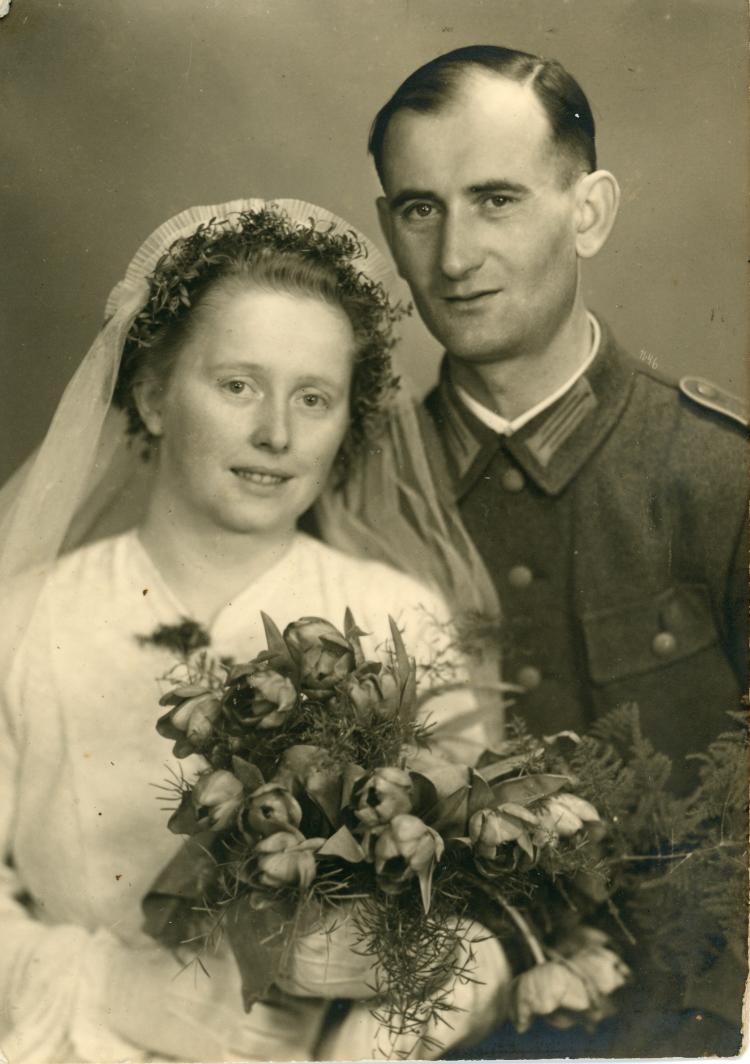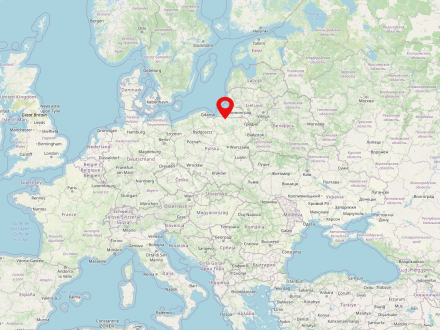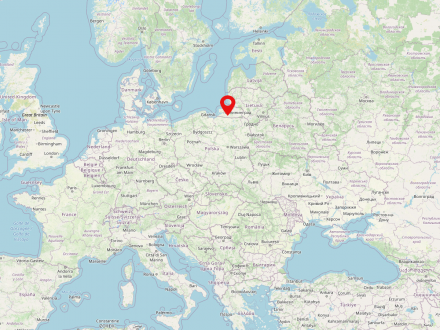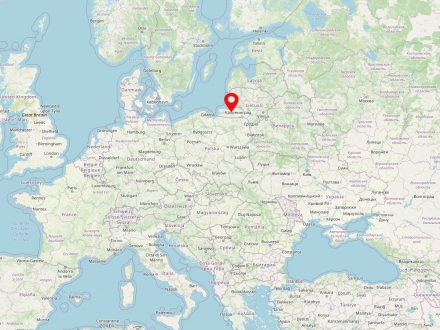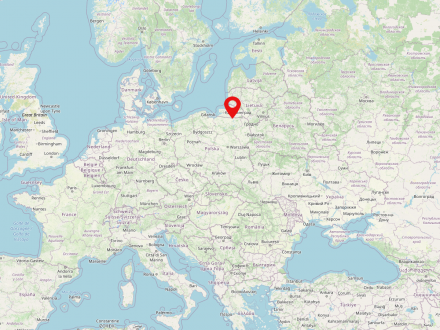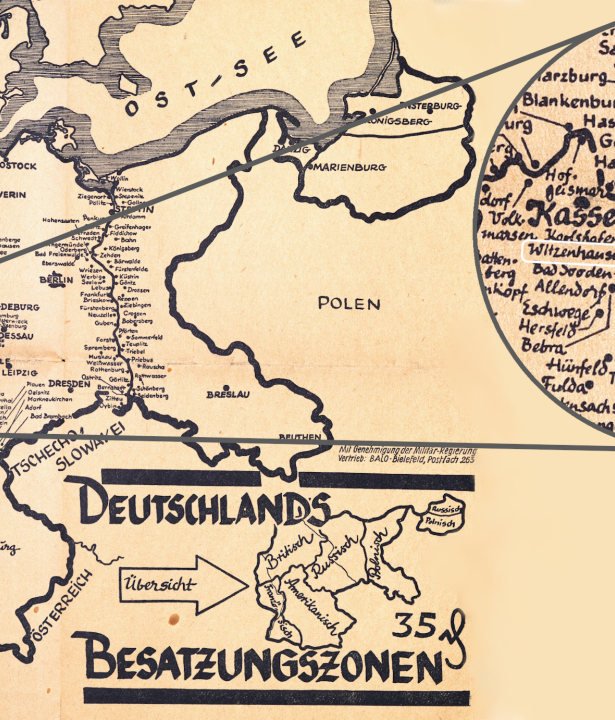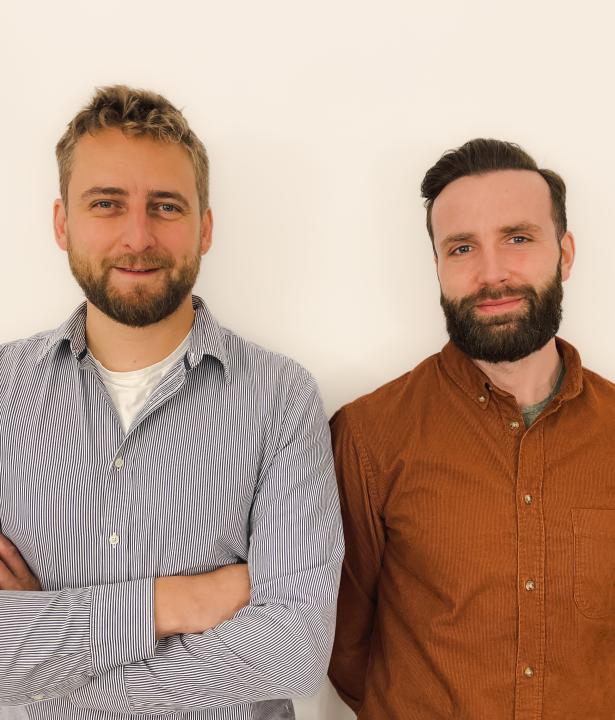East Prussia is the name of the former most eastern Prussian province, which existed until 1945 and whose extent (regardless of historically slightly changing border courses) roughly corresponds to the historical landscape of Prussia. The name was first used in the second half of the 18th century, when, in addition to the Duchy of Prussia with its capital Königsberg, which had been promoted to a kingdom in 1701, other previously Polish territories in the west (for example, the so-called Prussia Royal Share with Warmia and Pomerania) were added to Brandenburg-Prussia and formed the new province of West Prussia.
Nowadays, the territory of the former Prussian province belongs mainly to Russia (Kaliningrad Oblast) and Poland (Warmia-Masuria Voivodeship). The former so-called Memelland (also Memelgebiet, lit. Klaipėdos kraštas) first became part of Lithuania in 1920 and again from 1945.
Pravdinsk (Russian Правдинск, German Friedland in East Prussia) is a town in the south of Russian Kaliningrad Oblast, about 50 km south of Kaliningrad (German Königsberg). About 4300 inhabitants live in Pravdinsk.
Kaliningrad Oblast (rus. Калининградская область) is positioned between Poland and Lithuania on the Baltic Sea. The oblast is the westernmost part of Russia and is populated by about 1 million people. The capital of the oblast is Kaliningrad (German: Königsberg).
_Christina Annamarie Güttler was born on December 22, 1944 in Friedland (Ostpr) Gartenvorstadt 50. Father: assistant machine fitter Wilhelm Erich Güttler, living in Friedland (Ostpr) Mother: Klara Anna Marie Güttler née Döhring, living in Friedland (Ostpr) ... December 28, 1944.
Kaliningrad is a city in today's Russia. It is located in the Kaliningrad oblast, a Russian exclave between Lithuania and Poland. Kaliningrad, formerly Königsberg, belonged to Prussia for several centuries and was the northeasternmost major city.
Węgorzewo is a city in northeastern Poland in Warmińsko-Mazurskie Voivodeship. It is inhabit by about 11,000 people and is located not far from the border of Poland with Russia.
Klara Güttler held onto the baby's jacket and the certificates – the former in a beautiful, decorated jewelry box. Long after her death in 2001, these things finally found their way to the East Prussian state museum with Baltic German department.

